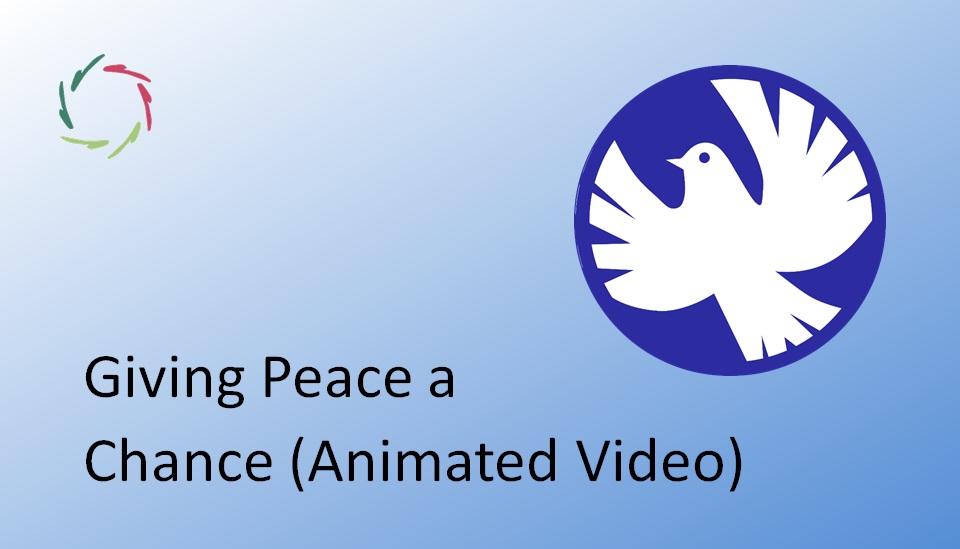Teen Spirit

An adolescent brain is not just an immature brain. There is a purpose: daring to experiment in an open quest for meaning.
The term ‘adolescent,’ etymologically ‘one who is becoming an adult’ arguably puts the norm on adulthood: adolescence as a preparation for adult life, complexified by hormonal changes and an ongoing cognitive and emotional, even neurophysiological maturation of the brain.
Does this make adolescence second-best?
Adolescence (including puberty, being a teenager) is like ‘being born into’ an adult world of societal meaning. An adolescent is new to this and thus also more prone to be ‘wild’ in the sense of not taking old norms for granted. He wants to build his own truths, especially in domains involving depth. As such, he spontaneously questions rigid authority – rules for rules’ sake.
After all, it’s an age of important decisions that may direct one’s further life: professionally, relationally, morally… Challenging the system may make one find or create a better place in it. Moreover, that’s also good for the system itself.
Adolescence is not so much a fight against ‘authority’ as it is a genuine search for meaning.
True, this may sound like a sixties’ view on the new generation. I would say ‘eternally new’, or ‘original – close to the origin’. With a fresh eye, an adolescent tends to be more openly interested in the big issues of life, like ‘what is the purpose of living’?
Sometimes old age brings this back. Or – wisdom.
Adolescence is wanting to see the borderlines from both sides.
This involves a degree of risk-taking and possible dangers: getting stuck in a blind alley, going too far in some direction…. If the adult world puts too much rules over meaning, then, pardon me, an adolescent may even react as a ‘rebel without a cause.’ There may be a cause, yet it’s meaning that makes him rally.
True, this sounds even more sixties.
This is not to say that adolescents cannot use a lot of support of course.
A few tips when you are an adult with teenager(s):
Don’t fight your teenager. See his behavior as a fight for meaning. Show yourself as you are. Above all, don’t try to ‘play the teenager’ but please see your child as your personal coach in at least a few facets. Adolescents can be a mirror to adults, who may see in this mirror what they have inadvertently lost. Try to become ‘wild’ again if you like, in an adult fashion. With this as common ground, you may grow towards each other. In the best case, an adult is not someone who has lost his adolescence but who has been growing through it – and maybe still is. Being in contact with young people is especially nice in this respect.
An ideal growth towards adulthood is through integration, not substitution, of adolescent values.
In this, one can find much of Open Leadership!
Does this last sentence surprise you?


